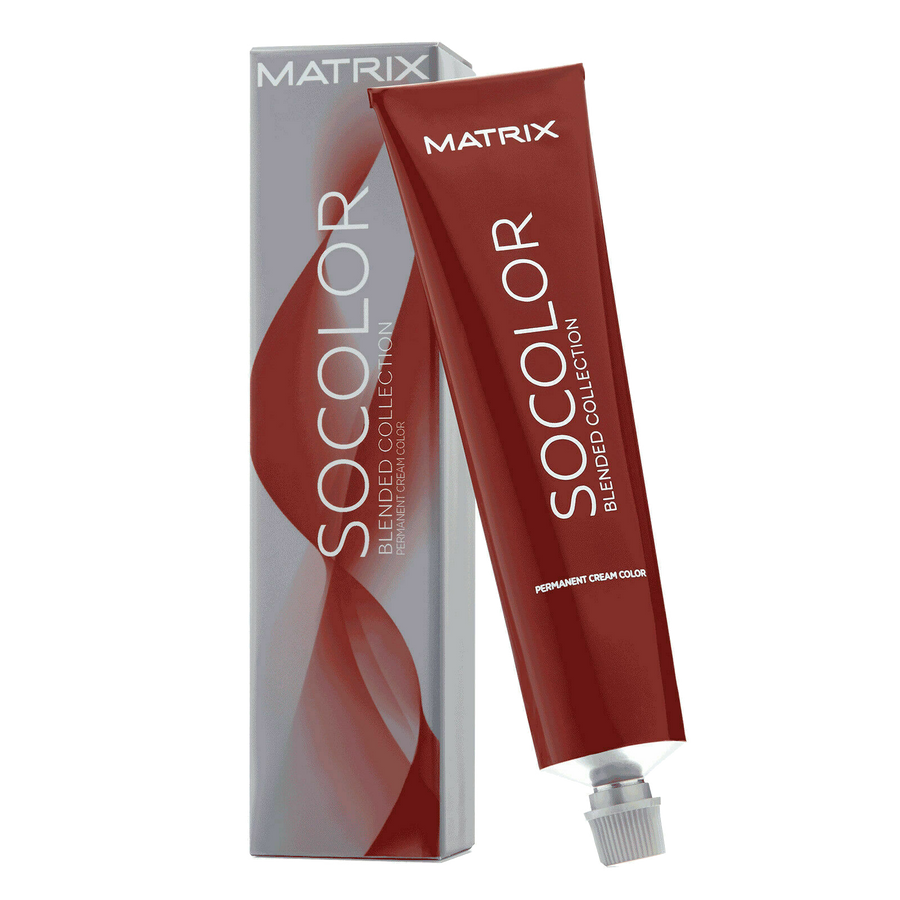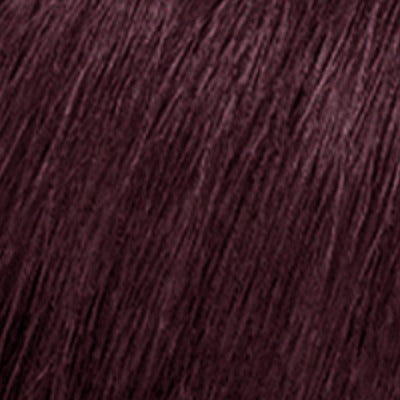Should You Be Washing Your Hair More Often Than You Do
Hair hygiene is an essential aspect of personal grooming. Many people are concerned about whether they should wash their hair more frequently or not. Some wash their hair every day, whereas others may go for several days without washing their hair. So, what is the right answer? Should you be washing your hair more often than you do?
The Importance of Washing Hair
The scalp produces sebum, a natural oil that keeps the hair healthy and moisturized. However, excessive sebum production can accumulate oil and dirt on the scalp and hair follicles, which can result in dandruff, itchiness, and other problems. Washing hair helps remove dirt, oil, and product buildup from the scalp and hair, improving scalp health and hair texture.
Factors That Influence Hair Washing Frequency
Several factors can influence how often you should wash your hair, including:
1. Hair Type
The texture and thickness of your hair can affect how often you need to wash it. People with fine, straight hair may need to wash their hair more frequently than those with thick, curly hair. This is because fine hair tends to get oily and greasy more quickly than thick hair. Conversely, thick, curly hair can go longer without washing as the natural oils produced by the scalp take longer to travel down the hair shaft.
2. Scalp Health
The condition of your scalp can also affect how often you should wash your hair. If you have a dry scalp, you may not need to wash your hair as frequently as those with oily scalps. In contrast, if you have a scalp condition such as seborrheic dermatitis or psoriasis, you may need to wash your hair more often to keep the condition under control.
3. Lifestyle
Your lifestyle can also influence how frequently you need to wash your hair. If you exercise regularly or work in a dusty or dirty environment, you may need to wash your hair more frequently to remove sweat, dirt, and oil buildup.
4. Hair Products
The type and amount of hair products you use can also affect how often you need to wash your hair. If you use a lot of styling products such as gel, hairspray, or mousse, you may need to wash your hair more frequently to remove the buildup of the product on your scalp and hair. Similarly, if you use heavy conditioners or hair masks, you may need to wash your hair more frequently to prevent product buildup.
How Often Should You Wash Your Hair?
There is no one-size-fits-all answer to this question, as the frequency of hair washing depends on individual factors such as hair type, scalp health, and lifestyle. However, as a general rule, most people can go two to three days between hair washes. If you have very oily hair or scalp, you may need to wash your hair more frequently, while those with dry hair or scalp may be able to go longer between washes.
It is also important to note that over-washing your hair can strip it of its natural oils, leading to dryness and breakage. Therefore, it is essential to strike a balance between hair hygiene and maintaining the natural oils that keep your hair healthy.
Final Thoughts
So, there you have it - the importance of washing your hair, the factors that influence hair washing frequency, and how often you should wash your hair. Ultimately, maintaining healthy, luscious locks requires striking a balance between hair hygiene and maintaining the natural oils that keep your hair healthy. By following the tips and guidelines provided in this article, you can ensure that your hair is always looking its best. Remember, your hair is your crowning glory, so treat it with the love and attention it deserves!
Keep your hair healthy with the help of Smooth & Charming. We are an online hair care store dedicated to providing high-quality hair salon products for all hair types and textures. We are committed to sustainability and helping our customers achieve their hair goals while feeling confident and empowered. Shop now!




